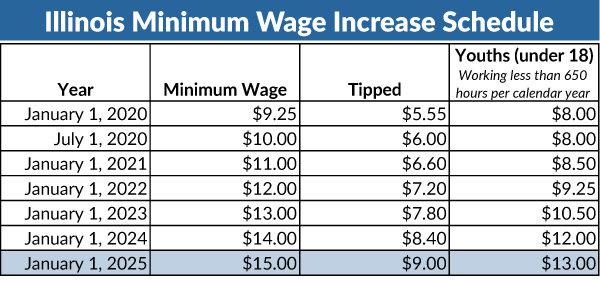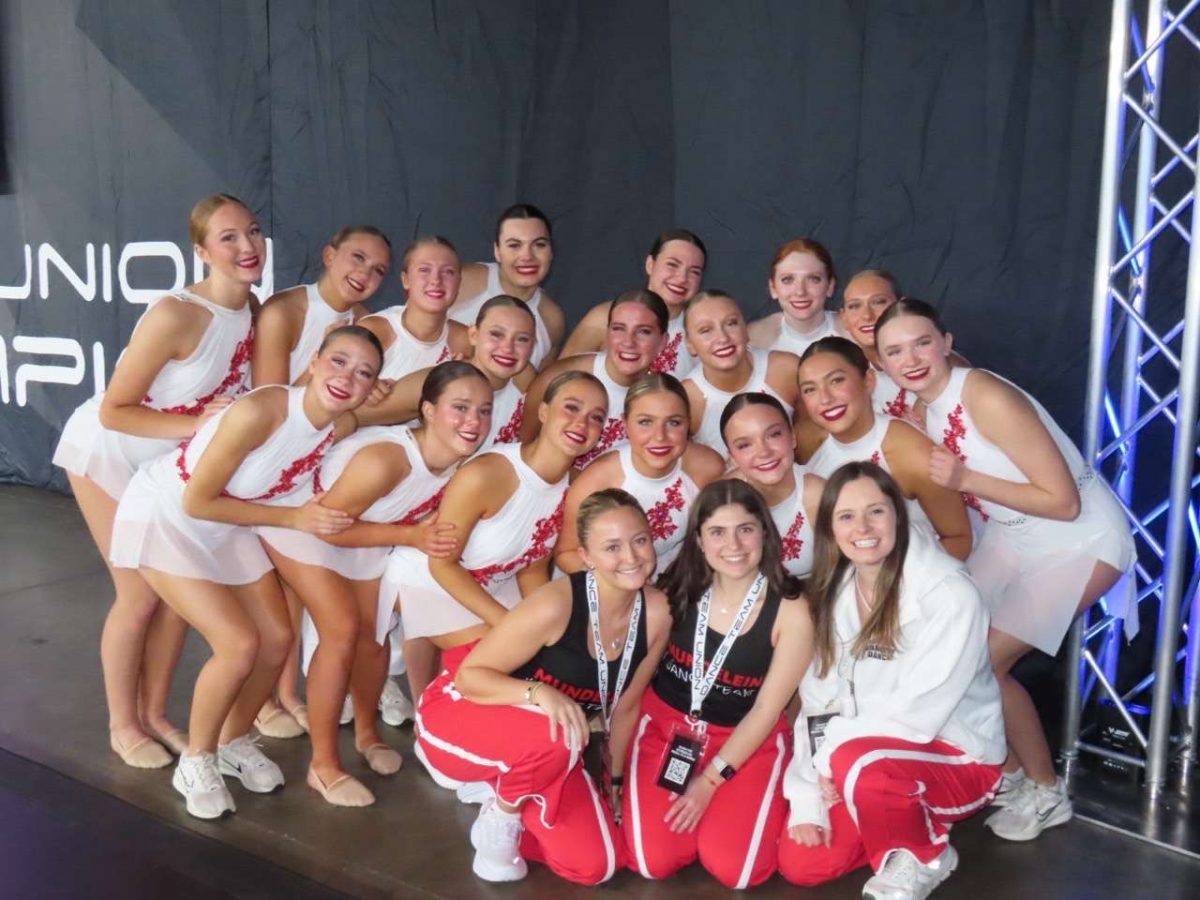Students wanting to take Honors Pre-Calculus next year will have to think again. Mundelein is getting rid of the class and replacing it with AP pre-calc.
College Board is running the class for the first time this school year, but most schools in the area aren’t offering it. They chose to wait for the second year, that way any major flaws would be worked out.
Math Department Chair Randall Lerner said,” After some modifications to the course from College Board, I believe most schools, including MHS, will be offering it to their students next year.”
One of the main goals of the current Honors Pre-Calculus program is to prepare students for any math classes they will take in college. After the modifications made to the AP level course, it isn’t very different from the current Honors level class. However, it has greater preparatory value for college.
“Making the change from Honors to AP, giving students access to potentially earn college credit, was a clear next step,” Lerner stated.
The content of the Honors and AP-level courses are very similar, so students can expect to have a class that is similar to what they have been told Honors Pre-Calc is like. This similarity also makes it easier for the teachers to make the switch.
In order to take the course, College Board recommends on their website, that students who want to take the course should have successfully completed introductory algebra and geometry courses.
The College Board website stated that students should be able to demonstrate proficiency with linear functions…using the quadratic formula…solving systems of equations in two or three variables…and complex numbers.
To prepare students for the AP course next year, current Honors Algebra 2 students are given AP-style questions on their tests, so they can get used to it.
While the change from Honors to AP may seem daunting for students, the increase in difficulty won’t be too different from what they would have in Honors.
Lerner added, “I believe the biggest shift will not be in the difficulty of the mathematics, but rather in the way the questions are asked and answered.”

